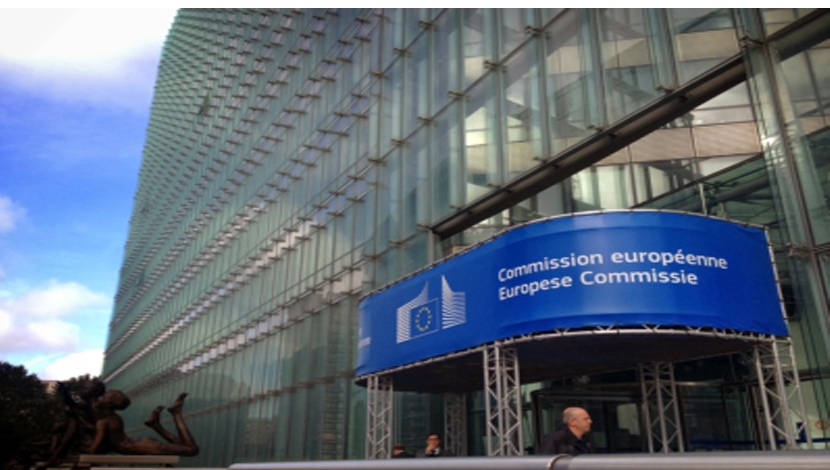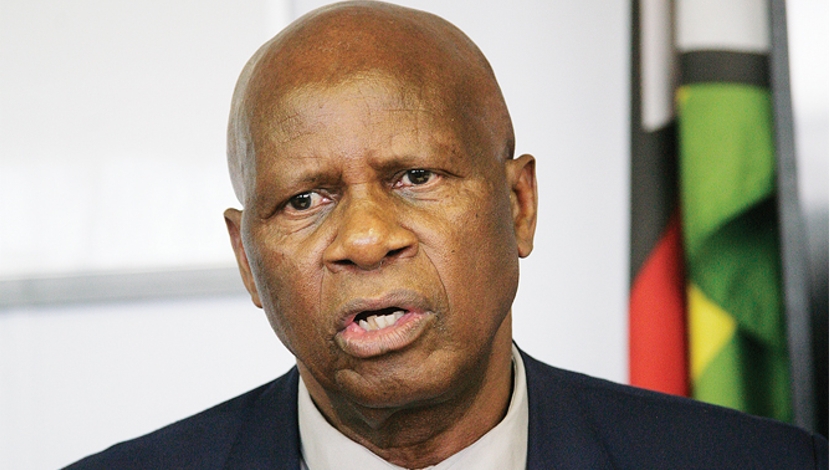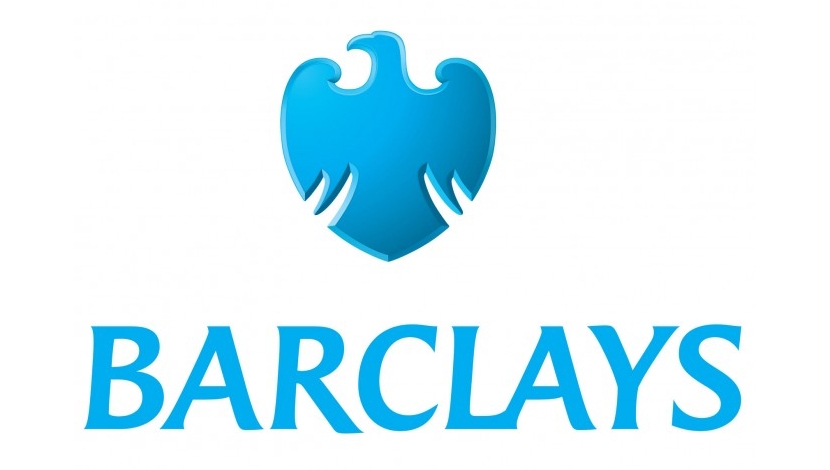

The European Union (EU) is engaging with key stakeholders in Africa to ascertain the development pipeline and to identify the constraints to delivery of and investment in successful infrastructural projects across the continent, EU Directorate General for International Cooperation and Development director for sustainable growth and development Roberto Ridolfi has said.
In September 2016, the European Commission proposed an ambitious external investment plan (EIP) to encourage investment in partner countries in Africa as well as “the EU neighbour-hood” to strengthen partnerships and address the root causes of migration.
A key part of the EIP discussed at the Africa Investor Projects Developers’ Summit, in Durban, this week, was the new European Fund for Sustainable Development (EFSD), intended to support investments by public and financial institutions and the private sector.
Ridolfi told attendees that, through the EIP, the EU would provide targeted guarantees and would contribute towards improving the investment climate and the overall policy environment in partner countries.
A key element of this strategy is to address foreign direct investment (FDI) to “fragile” African countries. Only 65% of FDI to developing countries – in itself on the decline – is going to fragile countries, where establishing a business is apparently three times higher than in their nonfragile counterparts.
Ridolfi said the EIP was based on three pillars.
- The EFSD which would comprise two regional investment platforms – Africa and the EU neighbourhood – that would combine existing financial instruments with a budget of €2.6-billion and the new EFSD guarantee instrument valued at €1.5-billion. These would operate as a one-stop shop to receive proposals from public development finance institutions and other interested investors.
2. Technical assistance needed to develop financially attractive and mature projects and to, in turn, mobilise still further investment. The commission had made significant resources available for technical assistance to help partner countries to attract investment by developing more bankable projects and making them known to the international investor community.
- A multilevel approach to improving the investment climate and business environment in partner countries through policy and political dialogue to highlight constraints to investments and promote good governance, structured dialogue with business, providing intelligence at country level and ensuring coherence with other aid organisations and member state initiatives.





